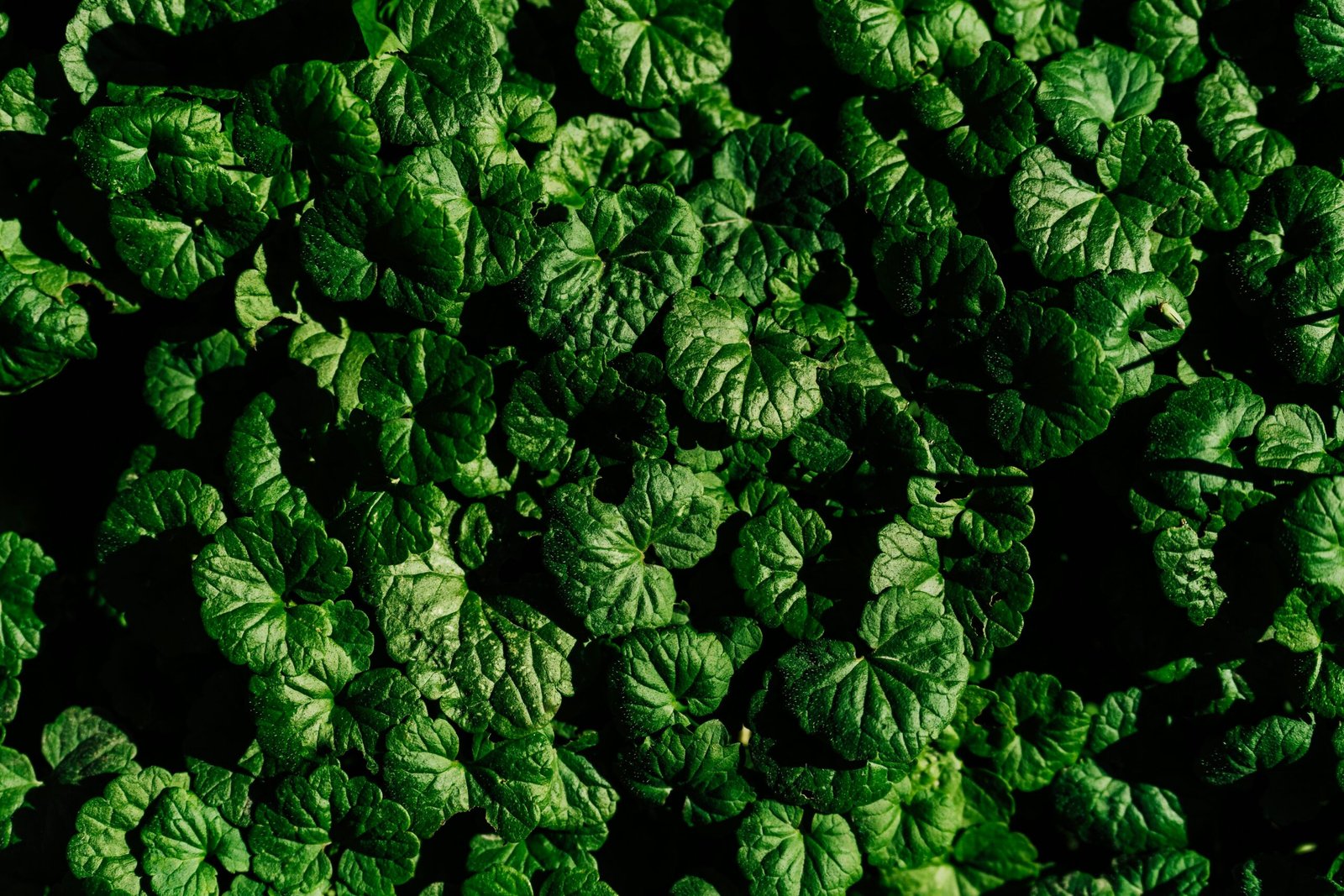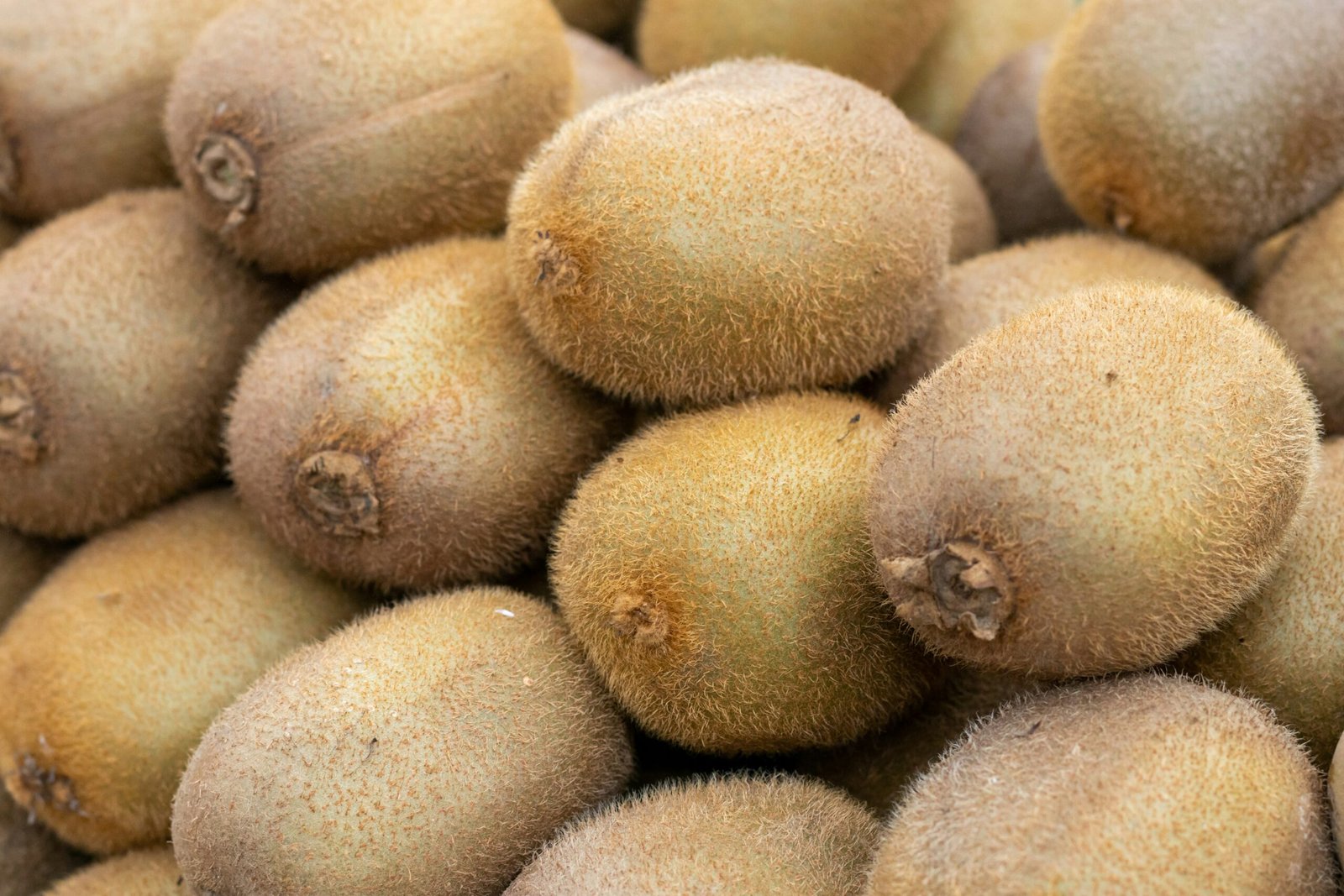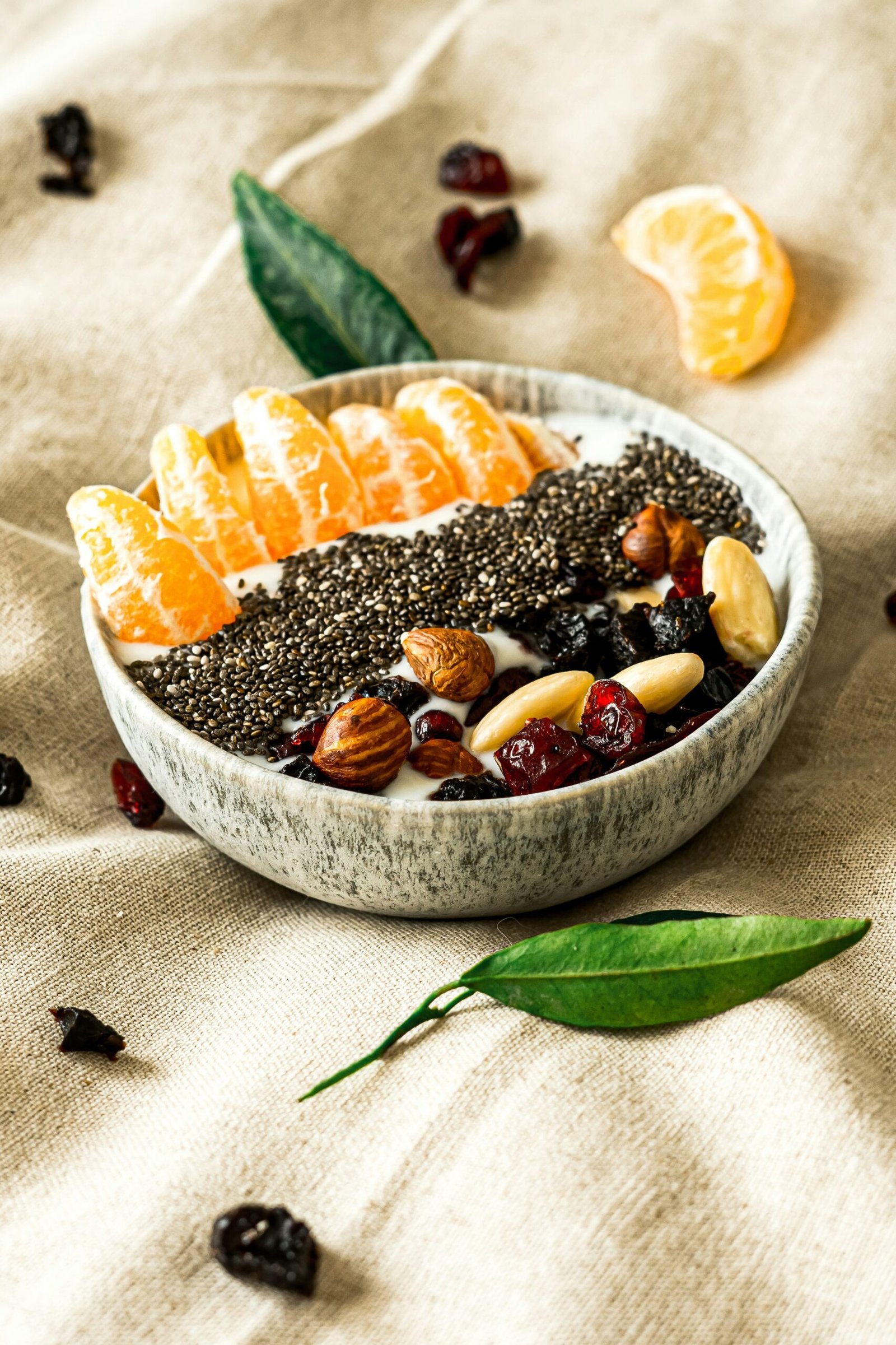Uncovering the Superfood in Your Pantry
Chia seeds, often overlooked despite their growing popularity, are indeed a powerhouse of nutrients. Originating from the desert plant Salvia hispanica, chia seeds have a history that dates back to ancient civilizations. The Aztecs and Mayans revered these tiny seeds for their ability to provide sustainable energy, a fact reflected in the Mayan word for “strength” – “chia.” Fast forward to today, and chia seeds are still celebrated for their numerous health benefits.
So, what makes chia seeds a superfood? For starters, they are incredibly nutrient-dense. Just a small serving can provide significant amounts of essential nutrients like fiber, protein, omega-3 fatty acids, and various micronutrients. This impressive profile contributes to a range of health benefits, from improved digestion and heart health to better weight management. Including chia seeds in your diet can be a game-changer, particularly when considering their role in weight loss. The high fiber content helps you feel full longer, reducing overall caloric intake.
Beyond their nutritional prowess, chia seeds are also exceptionally versatile in the kitchen. They can be easily incorporated into a myriad of dishes, from smoothies and yogurt to salads and baked goods. Their ability to absorb liquid and form a gel-like consistency makes them an excellent thickening agent for puddings and sauces. This versatility means you can effortlessly integrate the hidden benefits of chia seed water and other chia-based recipes into your daily routine.
The journey of chia seeds from ancient times to modern pantry staples is fascinating. Their rich history and exceptional nutritional profile make them a superfood worth exploring. For those looking to optimize their diet, understanding and leveraging the hidden benefits of chia seeds could be the key to unlocking better health and vitality.
Nutritional Powerhouse: What Makes Chia Seeds So Special?
Chia seeds have earned their place in the spotlight due to their impressive nutritional profile. These tiny seeds are packed with high fiber, protein, omega-3 fatty acids, and essential minerals, making them a formidable addition to any diet. But what exactly makes chia seeds so special?
First and foremost, chia seeds are an excellent source of dietary fiber. Just one ounce (about 28 grams) provides nearly 11 grams of fiber, which is approximately 40% of the recommended daily intake. This high fiber content not only aids in digestion but also helps in maintaining a healthy weight by promoting a feeling of fullness.
Protein is another significant nutrient found in chia seeds. They contain about 4 grams of protein per ounce, making them an excellent plant-based protein source, especially for vegans and vegetarians. This protein content helps in muscle repair and growth, making chia seeds a great post-workout snack.
Omega-3 fatty acids are essential for heart health, and chia seeds are rich in alpha-linolenic acid (ALA), a type of omega-3. Consuming omega-3 fatty acids has been linked to reduced inflammation, improved heart health, and better brain function. With about 4.9 grams of omega-3 fatty acids per ounce, chia seeds are a valuable plant-based source of these essential fats.
Chia seeds are also a rich source of essential minerals like calcium and magnesium. One ounce provides 18% of the daily recommended intake of calcium, which is crucial for bone health. Additionally, the same serving size offers 30% of the daily recommended intake of magnesium, which is vital for muscle and nerve function, as well as energy production.
When compared to other popular superfoods, chia seeds stand out due to their versatile nutritional benefits. While flaxseeds and hemp seeds also offer omega-3 fatty acids and protein, chia seeds provide a more balanced profile of fiber, protein, and essential minerals. This makes them an indispensable part of any health-conscious diet.
For those looking to boost overall wellness, incorporating chia seeds into your daily routine can offer numerous health benefits. Whether you are aiming for weight loss, improving heart health, or simply enhancing your nutrient intake, chia seeds are a powerful ally. Explore more benefits here.
How to Incorporate Chia Seeds into Your Diet
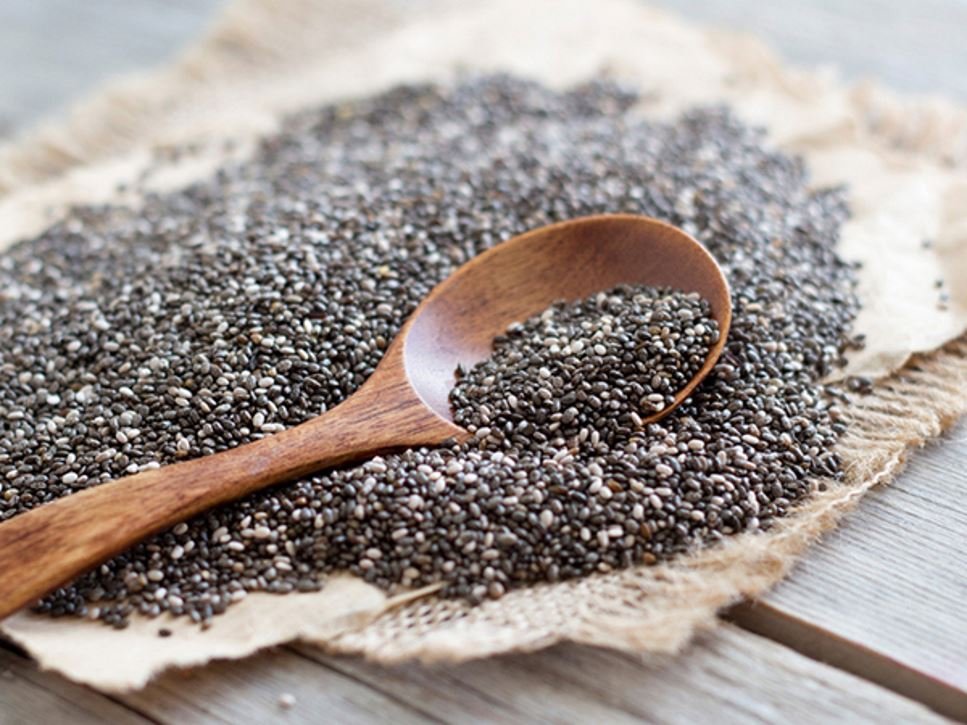
Chia seeds are a powerhouse of nutrients, but knowing how to incorporate them into your daily meals can make all the difference. These tiny seeds are incredibly versatile and can be added to a variety of dishes without altering their taste, offering hidden benefits that make your weight loss journey more enjoyable.
One of the simplest ways to add chia seeds to your diet is by sprinkling them into your morning smoothie. Just a tablespoon added to your favorite fruit blend can boost your fiber intake and keep you fuller for longer. For a creamy texture, let the chia seeds soak in the liquid for a few minutes before blending.
Chia pudding is another delicious option. Combine chia seeds with your choice of milk—be it almond, coconut, or dairy—at a ratio of 1:4. Allow the mixture to sit in the refrigerator overnight. By morning, you’ll have a pudding that’s not only satisfying but also packed with omega-3 fatty acids and antioxidants. Top it with fresh berries or a drizzle of honey for added flavor.
For those who enjoy salads, chia seeds can be a crunchy addition. Sprinkle them over your greens or mix them into your salad dressing. They won’t overpower the taste but will enhance the nutritional value significantly. This is an easy way to integrate chia seed water’s hidden benefits, such as improved digestion and hydration, into your meals.
Baking with chia seeds is also an excellent idea. Substitute eggs by mixing one tablespoon of chia seeds with three tablespoons of water, letting it sit for about 15 minutes to form a gel-like consistency. This chia egg can be used in various recipes, from muffins to pancakes, providing a plant-based alternative that retains moisture in baked goods.
Lastly, to ensure your chia seeds maintain their freshness and potency, store them in an airtight container in a cool, dark place. This will prevent them from becoming rancid and preserve their nutrient content.
By integrating these simple yet effective methods, you can enjoy the myriad benefits chia seeds have to offer, making them a staple in your diet for both taste and health.
Potential Drawbacks and How to Avoid Them
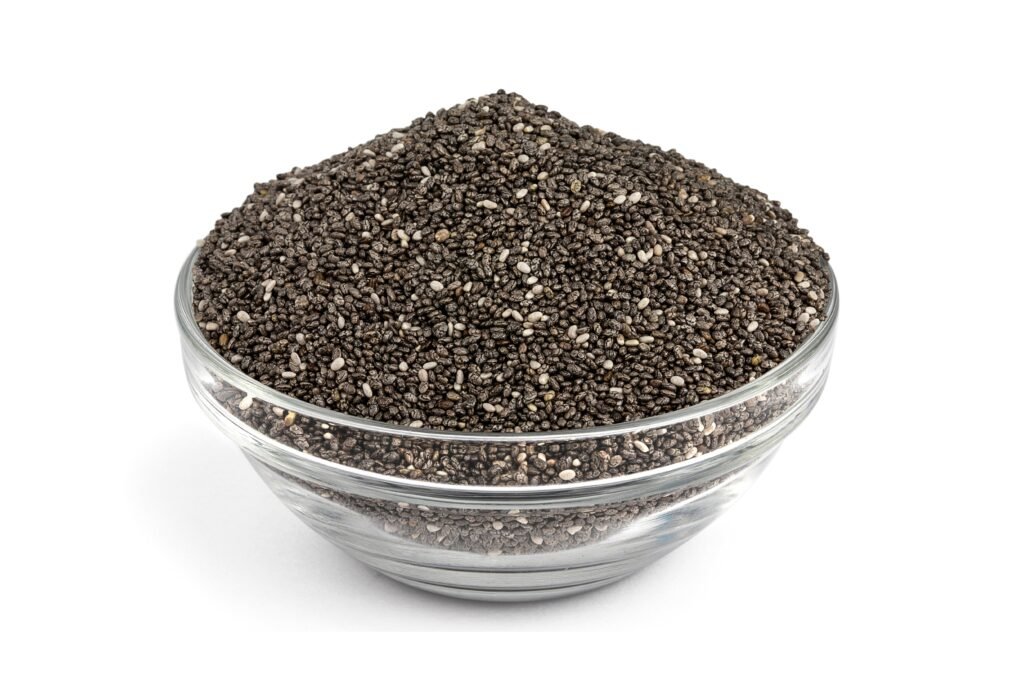
While chia seeds offer numerous health benefits, they are not entirely free from potential drawbacks. One of the most commonly reported issues is digestive discomfort. Chia seeds are rich in fiber, which, although beneficial for digestion, can lead to bloating, gas, and constipation if consumed in excessive amounts. To avoid these issues, starting with small quantities and gradually increasing your intake is vital, allowing your digestive system to adapt. Additionally, ensure you drink plenty of water to help the fiber move smoothly through your digestive tract.
Another concern is the risk of allergic reactions. Although rare, some individuals may experience allergic responses to chia seeds, such as skin rashes, itching, or difficulty breathing. If you are trying chia seeds for the first time, it is prudent to start with a small amount and monitor your body’s response. Should any allergic symptoms occur, it is advisable to consult with a healthcare professional immediately.
Moderation is essential when incorporating chia seeds into your diet. Despite their nutritional benefits, consuming large quantities can lead to an imbalance in your diet. Chia seeds are calorie-dense and can contribute to weight gain if not accounted for within your daily caloric intake. A balanced diet that includes a variety of nutrient sources is crucial to maintain overall health. Pairing chia seeds with other nutrient-rich foods ensures you enjoy their benefits without over-relying on a single food source.
Proper preparation of chia seeds can also mitigate potential drawbacks. Soaking chia seeds in water or another liquid for at least 15-20 minutes before consumption can help prevent them from swelling in your esophagus, which could cause discomfort or even choking hazards. This practice not only enhances digestibility but also maximizes the absorption of their nutrients.
By staying informed and mindful of these potential issues, you can enjoy the hidden benefits of chia seed water and other chia seed recipes without experiencing adverse effects. For more on possible side effects, click here.


